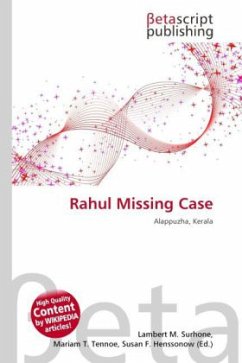he vocative case (abbreviated voc) is the case used for a noun identifying the person (animal, object, etc.) being addressed and/or occasionally the determiners of that noun. A vocative expression is an expression of direct address, wherein the identity of the party being spoken to is set forth expressly within a sentence. For example, in the sentence, "I don't know, John," John is a vocative expression indicating the party who is being addressed. Historically, the vocative case was an element of the Indo-European system of cases, and existed in Latin, Sanskrit, and Classical Greek. Although it has been lost by many modern Indo-European languages, some languages have retained the vocative case to this day. Examples are Modern Greek, Albanian, Baltic languages such as Lithuanian and Latvian, Slavic languages such as Polish, Czech, Croatian, Serbian, Ukrainian, Macedonian, Bulgarian, and the modern Celtic languages such as Scottish Gaelic and Irish.
Bitte wählen Sie Ihr Anliegen aus.
Rechnungen
Retourenschein anfordern
Bestellstatus
Storno








